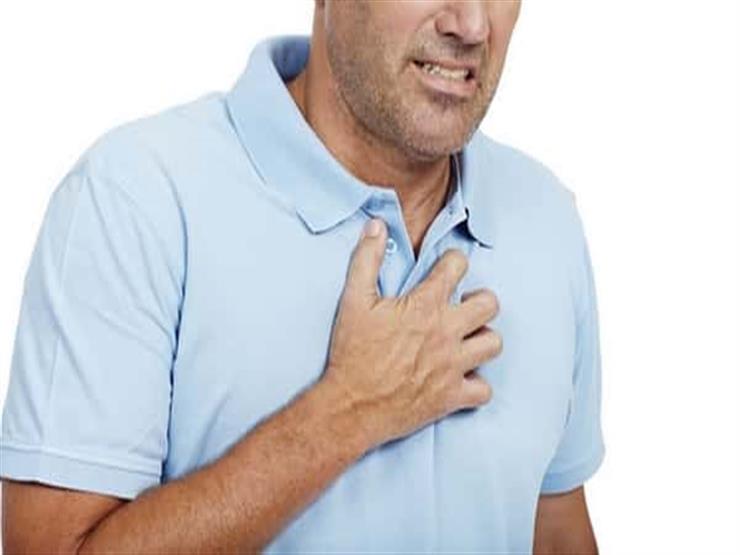4:00 AM
Monday 22nd February 2021
–
Agencies:
Chest pain is a serious indicator that should not be ignored and rushed to see a specialist doctor when feeling any abnormal pain in the chest area.
Here are a group of types of chest pain that you should not ignore, according to the American Huffington Post, according to the UAE 24 website.
Pain that extends over a period of time
According to Nicholas Lieber, a Stanford University cardiologist in vascular and endovascular care, doctors are concerned when a patient reports chest pain or tightness that worsens. You should also report any pain while resting, as this could be a sign of a heart problem.
Pain that signals a heart condition can also worsen when you engage in an activity, such as making a bed, and then fade quickly when you stop the activity.
Feeling as though someone is sitting on your chest
Chest discomfort can be caused by a blockage of blood flow to the heart, which can lead to angina or myocardial ischemia – also known as a heart attack. This can feel like a tightness or heaviness, Lieber said, as if someone were sitting on your chest, and sometimes it could appear as severe or mild pain or discomfort. In some cases, you may experience other symptoms as well, such as discomfort radiating into the jaw or down the left arm, shortness of breath, intolerance to exercise, heart palpitations or lightheadedness.
Sharp pain when breathing in or lying on your side
If the discomfort worsens when you breathe deeply or when you lie on your left side, this could indicate pericarditis, which is an inflammation of the sac that holds the heart, said Ethel Frize, a board-certified clinical specialist in Cardiovascular and Lung Physiotherapy and spokesperson for the Therapy Association. The natural American, acute pain or pressure can also be caused by pericarditis, myocarditis, cardiomyopathy and other serious heart diseases.
Pain when pressing on the chest
Chest pain can also be caused by damage or inflammation to muscles, joints, bones, or connective tissues. It may indicate that you are dealing with a tense or torn muscle, a rib fracture, or costochondritis, which is an inflammation of the cartilage where your ribs usually stick, and in addition, if you have a musculoskeletal cause for pain, you will always be able to press the area and reproduce the pain. .
Severe pain when breathing deeply or in your shoulder
Lung problems can cause some pressure or pain in the chest. These signs are usually associated with your breathing as well. The discomfort worsens with deep breathing and may indicate an inflammation of the lining of the lungs, known as pleuritis. You may also feel pain in your shoulder when this happens. You will need medication and targeted therapy from a healthcare professional to relieve symptoms. This type of chest discomfort will be exacerbated when using the affected area, but not if you are using another body part, such as using your legs for walking, and if you stop moving the painful area, the pain will likely subside.
A burning sensation in or near your chest
Digestive problems can cause chest pain that resembles a burning or distress, and a rupture of the esophagus (the tube that connects your mouth to your stomach), acid reflux, or peptic ulcer disease (ulcers that appear on the stomach or small intestine) can cause discomfort. If your digestive system turns out to be the problem, your doctor will likely prescribe the necessary medications. Your doctor may also advise you to avoid hot and heavy meals before bed and raise your head when lying down.
Sudden shortness of breath with difficulty breathing and heart palpitations
Chest pain can be a daily symptom of anxiety or it can arise in the context of panic attacks, as it may be accompanied by difficulty breathing, palpitations and sweating. And many people who have not previously experienced this may think they are having a heart attack because the symptoms can be the same. Chest tightness associated with anxiety can be controlled by working with a therapist and by using relaxation techniques to shift the mind away from tension in the chest muscles
– .


